HEATWAVE: SYMPTOMS AND PREVENTION

What is heat wave?
A heat wave is a condition when the body overheats. It happens in the contact with excessive-high temperatures like too much exposure to sunlight. All regions of the body become numb and body mechanism fails to control and are not able to respond humanly, also affected person has lost control to cool down. When heat stroke occurs the temperature of the body can rise up to 106°F or higher within 10 to 15 minutes. Heatstroke requires emergency treatment if not treated properly. it can severely damage your brain heart, kidneys, and muscles. And the worst part is if a heat wave took lightly it can become fatal and can cause death.
Heat wave in India
March was exceptionally hot, and April will end on a similar note, and the rest is coming (May, June, July, August, September). The country has already seen four heat waves early in the summer of 2022, and no immediate respite is expected either. Various states in India are exceptionally hot like Rajasthan, Maharashtra, Uttar Pradesh, Bihar, and Madhya Pradesh. Maximum temperatures in west Rajasthan and or in Maharashtra have remained between 40 degrees and 45 degrees Celsius throughout the last two months, and this makes us trouble.
What foods should be eaten in heat wave.
Green Moong sprouts - This lentil is an extremely cooling food. Try a cool potato chat mixed with a handful of sprouts and a few slices of cucumber
Fresh coconut water – Coconut water can be your best friend in the summers, as besides hydrating it is also loaded with essential minerals which help the body maintain its electrolyte balance.
Bottle gourd – A bottle gourd has lots of cooling effects. Loaded with high nutrients and maintains electrolyte balance prevents fatigue and keeps the body cool and refreshed during summers.
Watermelon - This fat-free fruit loaded with sweetness and nutrition. Which helps in beating heat wave and helps you cool down.
Symptoms of heat wave.
High body temperature.
Altered mental state or behaviour.
Nausea and vomiting.
Flushed skin.
Rapid breathing.
Racing heart rate.
Headache.
How to prevent heat wave.
Wear loose-fitting, lightweight clothing.
Protect against sunburn.
Drink plenty of fluids.
Take extra precautions with certain medications.
Never leave anyone in a parked car.
Be cautious if you're at increased risk.



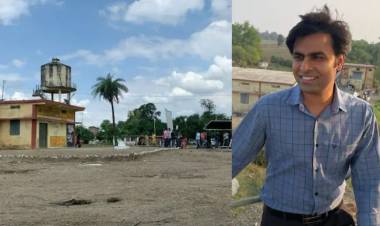



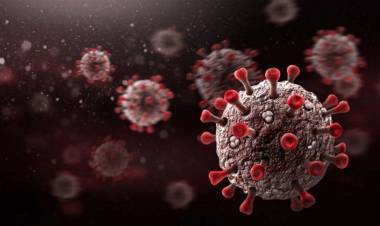
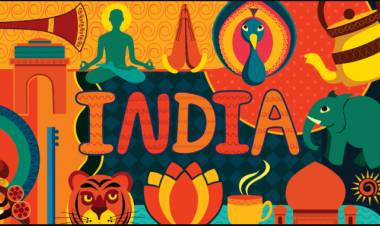
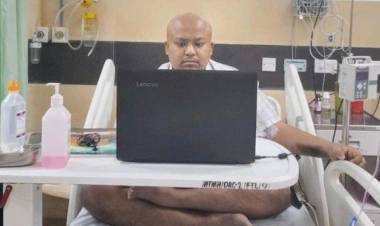
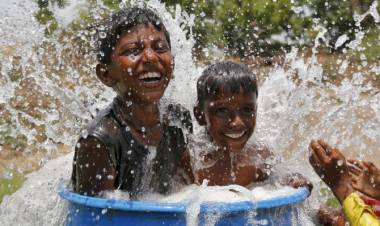





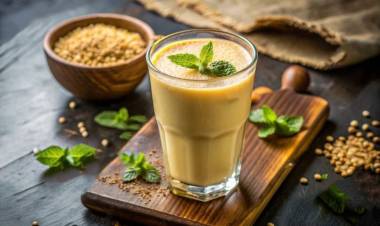





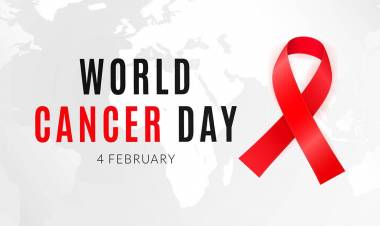




Comments (0)